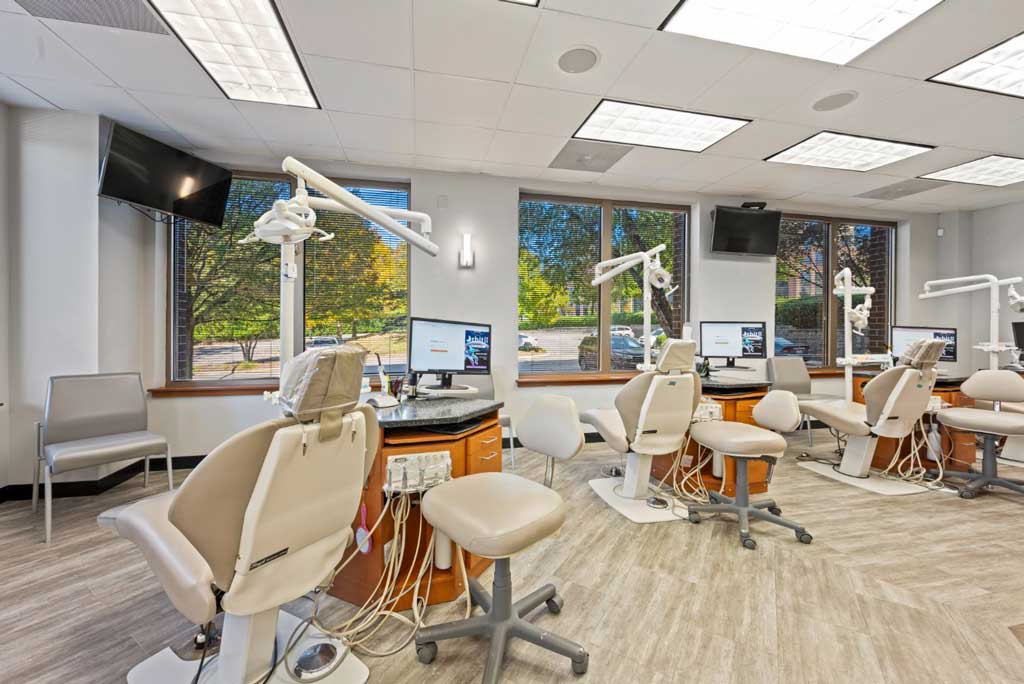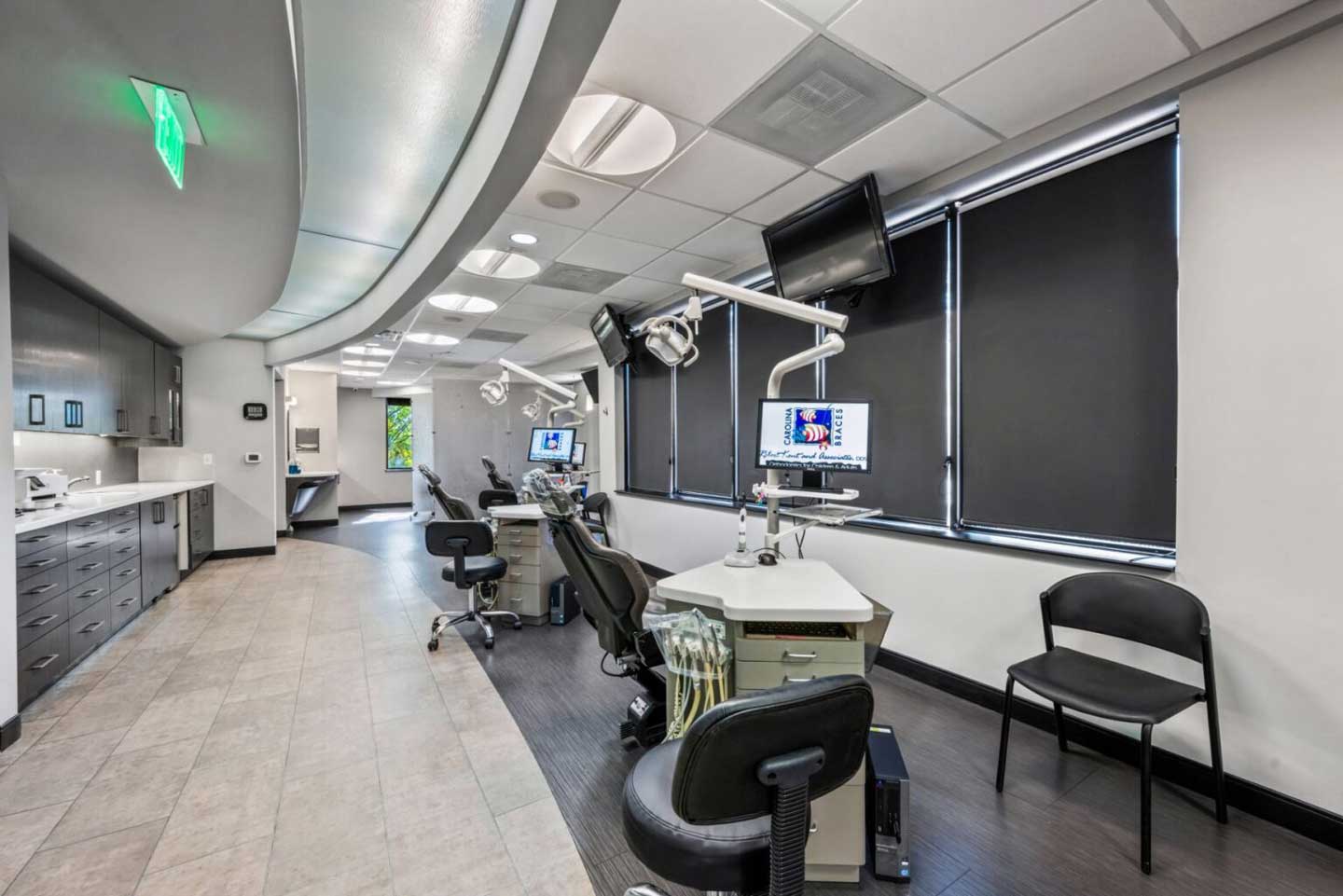Millions of Americans suffer from a temporomandibular joint (TMJ) disorder, which can cause throbbing headaches, pain, tenderness in your jaw, or difficulty chewing. November is TMJ Awareness Month, and we’re breaking down the causes, symptoms, and treatments of TMJ disorders for you so you can learn the most effective ways to stay pain-free this month and beyond.
What is TMJ?
Everyone has two temporomandibular joints that rest in front of each ear. They enable jaw movement in hinging and sliding motions so you can talk, chew, or swallow. With a TMJ disorder, these joints can cause pain and restriction of the jaw, as well as other unpleasant symptoms that can impede your quality of life. Some of these include:
- Difficulty opening and closing the mouth (jaw locking)
- Tenderness and pain in the jaw
- Pain in or around the ears
- Migraines and tension headaches
- Neck and shoulder pain
Various factors can lead to painful TMJ disorders, such as stress, teeth grinding, or an improper bite. Most of these root causes place excessive pressure on your jaw’s joints, leading to the characteristic symptoms of pain, tightness, and a restricted range of motion.
Treatment Options for TMJ
Sometimes, managing the pain and discomfort brought on by TMJ problems can feel overwhelming. TMJ disorders can affect your ability to speak, eat, and even sleep. Thankfully, regardless of stage, there are a number of effective treatments.
Although most TMJ disorders are managed with conservative treatments, surgical intervention is sometimes needed to relieve extreme discomfort and pain. Some conservative treatments include an adjusted diet, bite realignment, wearing a mouth guard, or restorative dentistry. At Carolina Braces, we are also proud to offer TruDenta. This advanced treatment program combines therapies like microcurrent, ultrasound, or photobiomodulation (light therapy) to restore your comfort, function, and health. With treatments tailored to your unique needs, our experts can help you find lasting relief with safe, noninvasive, FDA-cleared therapies.
Orthodontics can also help patients with TMJ caused by malocclusion (an improper bite). Aligning teeth and improving the bite can reduce jaw clenching or teeth grinding, effectively easing some TMJ-inducing habits.
Improve Your Quality of Life Today
If you routinely suffer from painful TMJ disorders, take the first step toward a life free of pain by scheduling an appointment with us today. We can discuss treatment options that will transform the way you feel and leave you with your happiest, healthiest smile yet.





